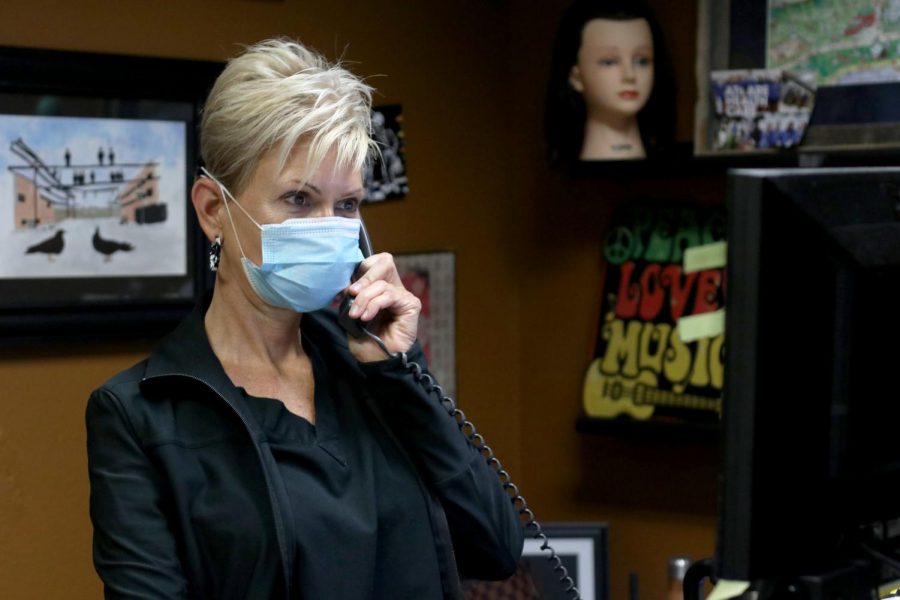[Khan]quering COVID
Nurse tackles new COVID-19 responsibilities and challenges
Khan talks on the phone, answering questions from a parent. Khan spends a sizable portion of her day responding to questions from parents and faculty.
Arriving on campus early, Cissy Khan begins sanitizing the clinic and preparing for the hectic day ahead. In the past, her schedule mainly revolved around treating students with minor illnesses — that is until she became Hebron’s resident COVID-19 expert.
With the arrival of students returning to school Sept. 8, Khan’s role evolved substantially. In addition to treating students in the clinic with health assistant Aimee Toney, Khan works with administration to track and contain the spread of COVID-19. Her day is characterized by sporadic COVID-19 related incidents, contact-tracing and an abundance of paperwork.
“I have become recognized as the resident-COVID expert on campus,” Khan said. “My role has expanded to cover all new COVID-19 protocols at the campus level that involve screening, tracking and other things. It may not sound like much, but it is a pretty substantial expansion.”
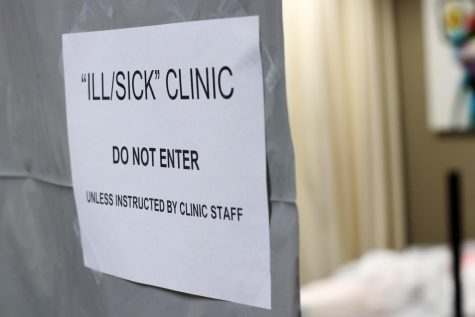
Due to COVID-19, the health clinic has altered the way it operates. Students are required to go through a ‘COVID screen’ upon entering, which is a series of questions to determine if they go to the ‘sick’ side of the clinic for potentially contagious people or the ‘well’ side for students with minor symptoms. Due to the risks of COVID-19 transmission in the clinic, Khan and Toney try to limit time spent and exposure to students.
“[Interacting with students] is much shorter,” Toney said. “I feel like it’s less personal now because it has to be faster and more matter-of-fact. For me, it takes away the feeling of nurturing, helping and caring for students.”
Khan said her new COVID-19 responsibilities almost feel like another full-time job. Unlike in previous years, the majority of her day is taken up by paperwork and phone calls. Additionally, Khan said because there are fewer students on campus, clinic activities have slightly diminished.
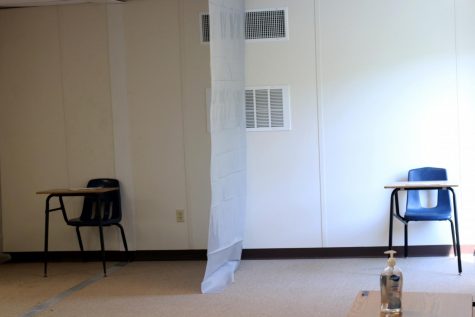
“Our day starts very early and ends pretty late,” Khan said. “There is a lot of documentation every day. If we determine we have a positive case in the morning, then the entire day’s schedule is altered. Clinic activities have changed this year because not so many students are on-campus, but the activities of the clinic continue in addition to COVID activities.”
Khan’s husband said he had initial concerns about his wife returning to school due to her close proximity to potentially sick students, but knows she will take as many precautions as possible to stay safe. Since their children have graduated and live out-of-state, he said they have fewer concerns then they would have.
“I thought mainly about how challenging it would be to maintain social distancing and how the school would be able to enforce CDC guidelines,” Khan’s husband, Faheem Khan, said. “However, I knew that as a medical professional, she would know how to minimize her exposure and help create a safe environment for herself and others.”
Khan said she also had serious concerns about being in close contact with students, but protocols have minimized these concerns. To limit exposure to COVID-19, the clinic is thoroughly cleaned after every patient, and mask-wearing and other protocols are adhered to.
“I feel safe coming to school,” Khan said. “Science definitely shows wearing masks decreases transmission. I think maintaining six feet, and other precautions drastically decrease the possibility of the disease transmitting. If I can maintain these stipulations, along with good hand washing and wiping down surfaces, then my personal opinion is that I am safe.”
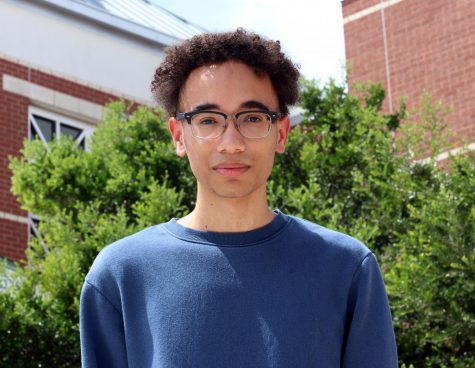
Senior Ian Wright is the opinion section editor and this is his second year on staff. He enjoys listening to music, traveling to new places, watching Netflix...
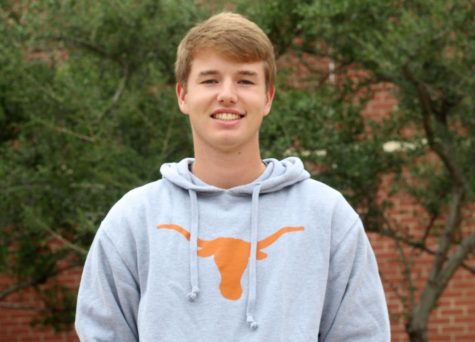
Senior Henry Hays is the sports editor and this his second year on staff. He is a fan of all Dallas sports teams and plays soccer at Hebron. He spends...



